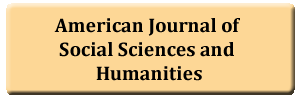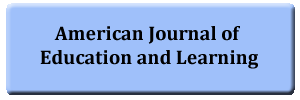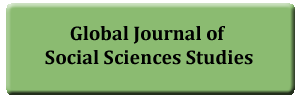Exploring the curriculum of the Honors Living-Learning Community at Rutgers university in Newark, New Jersey, and the perceived experiences of students as change agents
DOI:
https://doi.org/10.55284/ajce.v6i1.949Keywords:
Critical service-learning, Curriculum, Higher learning institutions, Pedagogy, Positive change agents, Skills.Abstract
Higher education institutions are positioned to meet the rising need for students to become positive change agents. Change agents does not only benefit an individual but his/her community at large. The quality of a curriculum and it’s delivery to build and nurture skills are critical drivers of becoming a positive change agent. The 2016 and 2017 Honors Living-Learning Community (HLLC) at Rutgers University – Newark (RU-N), in Newark, New Jersey, was the population for this study. This is the first comprehensive study aimed to obtain the perceived experience of graduates since the origin of the program in 2015. A survey was conducted to evaluate the extent the curriculum contributes to skill enhancement to become change agents, and provide recommendations for the HLLC curriculum enhancement to prepare students to become change agents. A 5-point Likert scale ranking from not at all important to extremely important was included to determine the importance of the skills needed to be a change agent. The Cronbach alph of the survey was .87, revealing an excellent level of internal consistency among indicators of change agents outcome. The study findings revealed that the HLLC curriculum and resources prepared its students to become positive change agents. Students provided recommendations to enhance the HLLC curriculum. Other higher learning institutions may consider either creating or adopting similar curriculum structures and provide resources to equip students with the necessary skills or competencies to promote students’ perceptions to become change agents.



